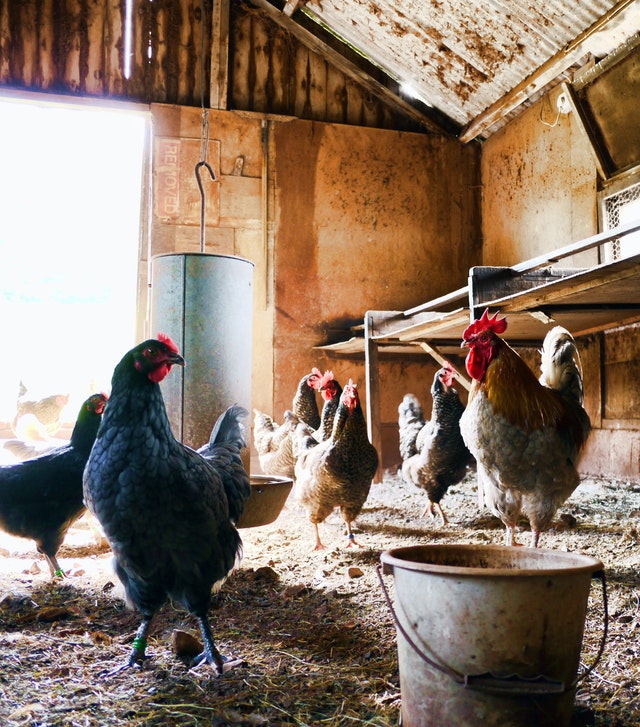5 Ways To Be Self-Reliant on a Couple of Acres
Would you like to become more self-reliant? Learning to produce your own food is a good way to be prepared should there be an economic collapse or disaster, and you don’t need a huge acreage to be self-reliant. Here are some ways to be self-reliant on a small acreage.
1. Keep Chickens
Chickens are easy to raise and don’t take up much space. You can buy chicks at a local farmer’s supply store in the early spring. Your chickens will start laying when they’re approximately five months old. A laying hen will give you an egg every other day, so if you have 12 hens, you can expect to get about three and a half dozen eggs per week.
2. Build a Pond
If you build a pond on your property, you can stock it with fish and have a source of protein in your own backyard. Fishing is an excellent way to relax and spend time with your family. Make sure your pond is sufficiently aerated and maintained to keep the water clear. Contact water management professionals to keep the snake population down as well. With the right pond management, your pond will be a source of relaxation and good food.
3. Grow a Garden
Rent a tiller and plow up a plot approximately ten feet by twenty, and you’ll be able to grow your own fresh tomatoes and carrots as well as other vegetables. Grow cabbage and make your own sauerkraut and make salsa from your fresh tomatoes.
4. Raise Rabbits
If you’re looking for a way to have your own source of meat, think about raising rabbits. Rabbits take up very little space and are an excellent source of dense protein. Rabbit hutches are affordable and take up about six square feet of grass. Buy a buck and a doe, and they’ll provide you up to 150 pounds of meat per year. If you don’t know how to raise rabbits or butcher, contact your local cooperative, or watch videos on YouTube.
5. Collect Rainwater
Collecting rainwater is as simple as putting up eaves along the roof of your house and then directing the water they collect into rain barrels. That water can then be used to water your garden in the summers, saving you money on water bills or electricity if you have your own well. You can also run that water through a filter and have your own drinking water in an emergency.

